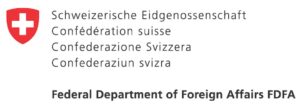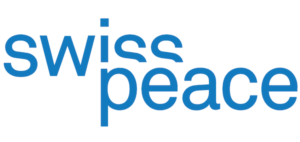Since the late 1990s, researchers have been predicting that the era of neutrality in aid politics is coming to an end and that foreign organizations will have to take a more engaged stance. Yet while the boundaries between humanitarianism and development are fading, in some cases the neutrality norm is actually expanding rather than giving way to an engaged paradigm. Recognizing that the principles of neutrality and independence have different meanings for different actors and that they are applied in various ways, this article examines how the humanitarian developers—small NGOs operating in Jonglei State in South Sudan—use these paradigms. The article shows that their specific variant of neutrality is not so much a pragmatic tool enabling operations in difficult settings, but instead is a structural form of identity. In this variation, neutrality is not about the absence of a political stance, but about standing apart from social structures and social immunity.






